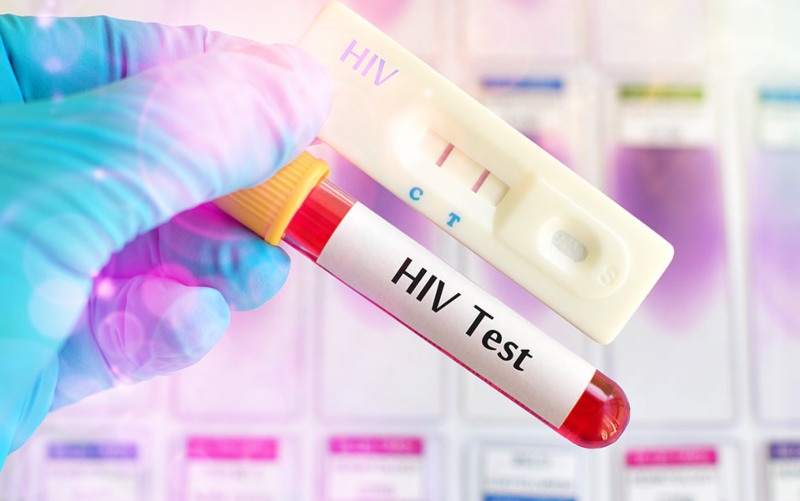For some US youngsters, anti-obesity medications or surgery is now recommended.

The co-author of the new guidance, Dr. Ihuoma Eneli, told the Associated Press that “waiting doesn’t work.” What we observe is an ongoing weight gain, which increases the risk that they’ll be obese as adults.
The recommendations urge medical professionals to treat obesity more as a biological disease.
As part of a comprehensive approach to treatment, they also advocate the use of drugs and surgery when more intense behavioral interventions like lifestyle changes are ineffective.
There are a number of weight loss drugs on the market in the US, including the recently approved Wegovy, an injectable given once a week to youngsters 12 and older that has been shown to lower body mass index, or BMI, in teenagers by an average of 16%.
However, experts warn that due to their high cost and lack of insurance coverage, the drugs may be hard to find. Due to strong demand, some weight loss drugs have also experienced shortages in the US.
The Centers for Disease Control and Prevention (CDC) reports that the rate of childhood obesity in the US has increased from 17% to 20% during the past 15 years.
When compared to the rest of North America and Europe, the US has a greater rate of childhood obesity.




